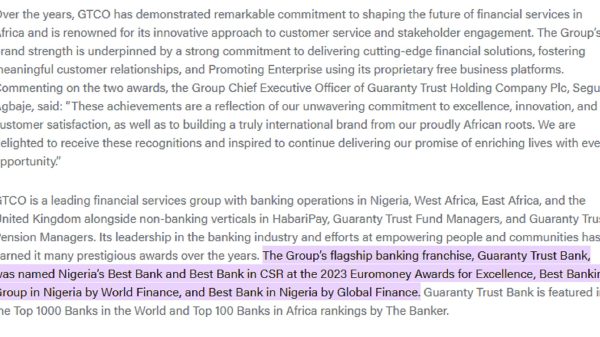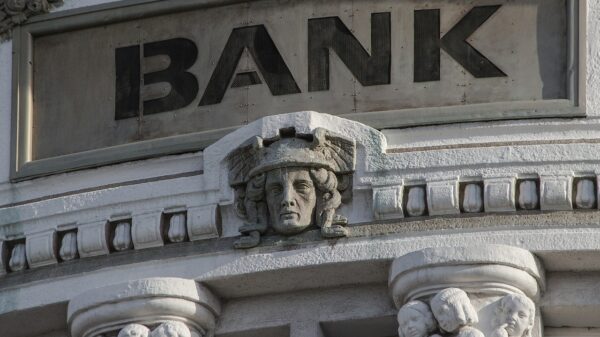The Capital importation report for Q4 2020 released by the National Bureau of Statistics (NBS) shows that the foreign-owned banks in Nigeria received the sum of $7.04billion out of the $9.68billion in 2020, representing 73%.
Standard Chartered Bank (SCB) tops the list with $2.54 billion, followed by Stanbic IBTC $2.17 billion, Citibank $1.51 billion and Rand Merchant Bank $822 million.
It is worthy to note that in 2019 the same 4 foreign-owned banks also dominated and received as much as $16.66 billion out of the $23.98billion capital inflows for the year, representing 69%.
Other key highlights
- In 2020, inflows reduced by 60% from $23.98 billion recorded in 2019 to $9.68 billion in 2020
- In 2019, Stanbic IBTC topped the list with inflows of $8.63billion, followed by Rand Merchant Bank $2.93billion, SCB $2.82billion, Citibank $2.28 billion.
- The top 5 banks in 2020, majorly 4 foreign-owned banks and First Bank, received the sum of $7.98 billion, representing 82%, with the other 22 operating local banks receiving only $1.70 billion (18%)
- Also in 2019, the top 5 banks made up of the 4 foreign-owned banks and Access Bank received the sum of $18.46billion, representing 77%, with the other 22 operating local banks receiving only $5.52 billion (23%)
Why this matter
Huge amounts of the Nigerian capital importation have been consistently received through the 4 foreign-owned banks with not much received by the entire 23 other locally owned banks.
The consistent disposition of foreign investors routing their funds through the foreign-owned banks may not be unrelated to the confidence and trust they have in those banks.
It may be necessary for the regulators especially the Central Bank of Nigeria (CBN) to spearhead aggressive efforts with other relevant stakeholders towards creating better images for the local banks in the minds of foreign nations and investors.


















































You must be logged in to post a comment Login